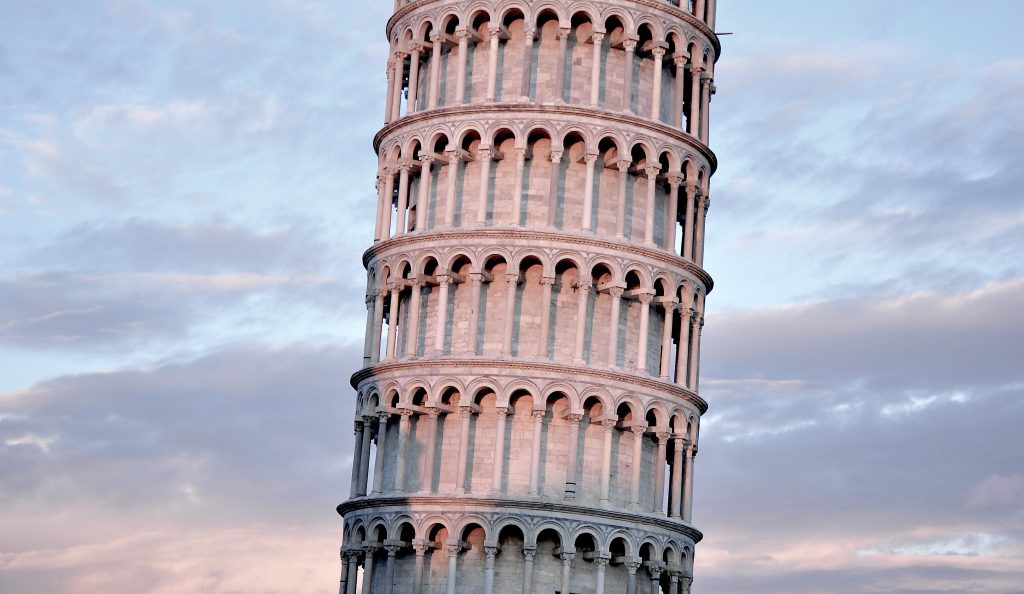Italian in Dutch Posted by Sten on Feb 27, 2017 in Culture, Dutch Language, Dutch Vocabulary
I was in Italy last week, and obviously came across a lot of Italian words – and many of them you know and use yourself, too! Think of all the coffee names, such as latte macchiato, cappuccino, espresso, and more. Are there words from Italian that were just adopted in Dutch, so-called leenwoorden?

Leenwoorden
Muziek
Many words in music were simply taken from Italian, and never changed. Take piano, cello, staccato, opera, a capella… All the same in Italian, English, Dutch, and many other languages!
Eten en drinken
Of course, Italian food has had a huge impact on the whole world. Pasta, spaghetti, carpaccio, cappuccino, espresso, latte macchiato… They all remain the same in the Netherlands! Caffè becomes koffie in Dutch!
Geld
Also regarding money, the Italians imported many words. Words also known in English, such as banco, netto and brutto. Though heed: brutto becomes bruto in Dutch, so you lose a t! That is for the pronunciation, because the u has to be long. Banco is bank in Dutch. Pretty straightforward. 🙂
A word that English did not take on is incasso, which the Dutch adopted as is. This word means “debt collection”. This also counts for the word saldo, which means “account balance”.
The other way around
But: The Dutch have also sent words to the Italians! For example, beurs, which is a word that was adopted by many European languages, means “stock exchange”. The Italians made borsa out of it.
Curiously, the word polder remained exactly the same. So between all the words ending on vowels, the Italians have polder – and also pronounce it the way it is pronounced in Dutch!
Do you know of Dutch words that your language adopted? Are there any other leenwoorden in Dutch you can think of? Let me know in the comments below!

Build vocabulary, practice pronunciation, and more with Transparent Language Online. Available anytime, anywhere, on any device.




Comments:
Marian:
Nice post. Leenwoorden contribute to the liveliness of languages. Good to create awareness: we don’t just borrow from English!
Michiel (pronounce THAT….):
We used to pay with ‘florijnen’ (or guldens) before the introduction of the Euro.
Named after the city of Florence (Fiorenza in old Italian, Florentië in old Dutch). It’s not a coincidence real banking started over there.